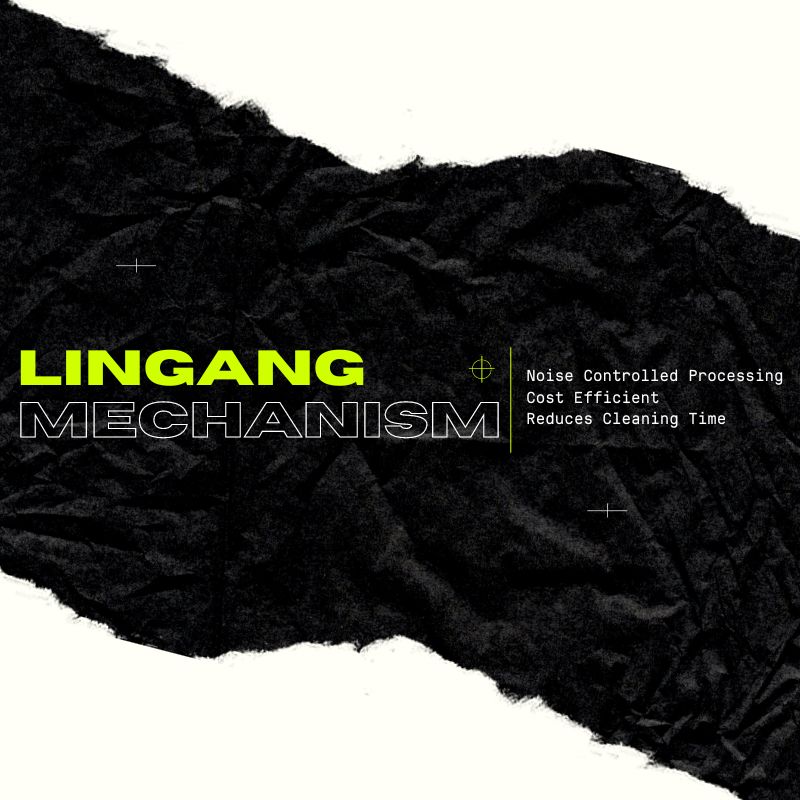In 2024, many industries continue to rely on filtration and screening technologies to enhance efficiency and product quality. These processes are crucial for separating solids from liquids, removing impurities, and ensuring the consistency of products. Here, we explore several key industries that heavily depend on filtration and screening: agro chemical powder, minerals processing, plastic recycling, papermaking, and food manufacturing.

Agro Chemical Powder
The agrochemical industry produces fertilizers, pesticides, and other chemicals essential for agriculture. Filtration and screening are critical here to ensure the purity and consistency of agrochemical powders. These processes remove contaminants and ensure that particles are uniform in size. This uniformity is vital for the effective application of these chemicals, which directly impacts crop yield and quality. Advanced screening equipment helps in achieving the precise particle size required, while filtration systems ensure that no unwanted materials are present in the final product.

Minerals Processing
Minerals processing involves the extraction and processing of valuable minerals from ores. Filtration and screening are fundamental in this industry to separate valuable minerals from waste materials. These processes enhance the concentration of minerals, making further processing more efficient. In 2024, innovations in screening technology allow for more precise separation, improving the yield and quality of extracted minerals. Filtration systems also play a crucial role in water management within mineral processing plants, ensuring that water can be reused and waste is minimized.

Plastic Recycling
The plastic recycling industry has seen significant growth as the world shifts towards more sustainable practices. Filtration and screening are essential in the recycling process to ensure the purity of recycled plastics. Screening separates different types of plastics and removes contaminants such as labels and residues. Filtration systems are used to clean the plastic during the melting process, ensuring that the final product is free of impurities. Advanced technologies in 2024 have improved the efficiency of these processes, making recycled plastics more competitive with virgin materials.

Papermaking
Papermaking involves several stages where filtration and screening are crucial. During the initial preparation of pulp, screening removes large contaminants and ensures a consistent pulp mixture. Filtration is essential during the papermaking process to remove excess water and impurities, resulting in a high-quality paper product. In 2024, advancements in filtration and screening technology have allowed for more efficient water use and waste reduction in paper mills. This not only improves the sustainability of papermaking but also reduces costs and enhances product quality.

Food Manufacturing
The food manufacturing industry relies heavily on filtration and screening to ensure product safety and quality. These processes remove foreign materials and ensure that ingredients are consistent in size and quality. In the production of powders, liquids, and other food products, screening ensures uniformity, which is crucial for both the appearance and functionality of the final product. Filtration systems are also used to purify liquids and remove contaminants, ensuring that the food products meet safety standards. In 2024, the food industry continues to innovate in these areas, with more efficient and precise equipment enhancing the quality and safety of food products.

Conclusion
Filtration and screening are indispensable in many industries, playing a vital role in ensuring product quality, consistency, and safety. In 2024, technological advancements continue to improve these processes, making them more efficient and effective. Industries such as agro chemical powder production, minerals processing, plastic recycling, papermaking, and food manufacturing all benefit from these innovations. As these technologies evolve, they contribute to the sustainability and efficiency of industrial operations, helping businesses meet the demands of a rapidly changing world.
